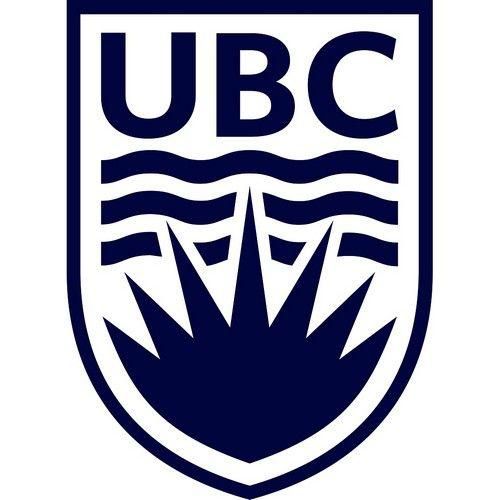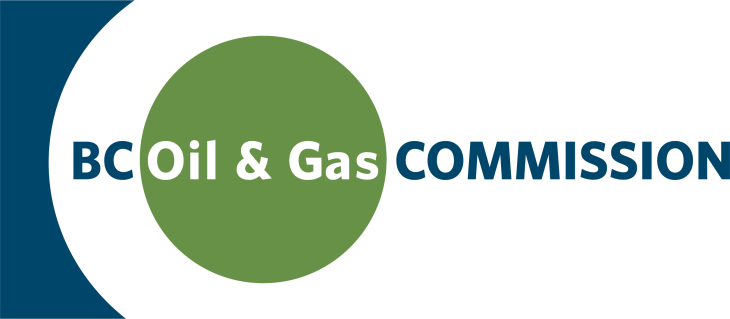DATE ISSUED: March 8, 2021
The BC Energy Regulator (Regulator) has collaborated with researchers at the University of British Columbia (UBC) in the recent completion of a peer-reviewed research project into gas migration in the oil and gas sector. This research, conducted as part of UBC’s Energy and Environment Research Initiative, analyzed 70 years of data for 25,000 oil and gas wells. Gas migration was reported in approximately 0.6 per cent of the wells. Results found no statistical association between the occurrence of gas migration and hydraulic fracturing.
“This collaborative effort between the regulator and UBC helps provide clear, scientific information into issues that can be a concern for the public,” said Commissioner and CEO Paul Jeakins. “I’m proud of the work of the Regulator on this peer-reviewed study and it helps form a solid basis for B.C.’s regulatory system in the oil and gas sector.”
Gas migration is the unintentional escape of natural gas outside a well casing. Occurrences of gas migration are required to be reported to the Regulator under the Drilling and Production Regulation. The 0.6 per cent rate of gas migration found by the study in B.C. is similar to rates observed in other jurisdictions, which range from 0.1 per cent to 1.3 per cent. Escapes of fugitive gas are spatially and temporally variable, making them challenging to observe, and capture during well inspections.
The research involved a statistical analysis of drilling, construction, operating, and geological data from energy wells in northeast B.C. to identify potential attributes tied to the cause of gas migration.
“Overall, there appears to be no characteristics of well construction or operation in the study database that are conclusively associated with gas migration," summarized Roger Beckie, UBC’s Project Supervisor. “Specifically, the findings indicate there is no association between wells reporting gas migration and wells that use hydraulic fracturing. Geological and gas source conditions unique to a geographical area, known as the Jean Marie Area, were suggested as key factors contributing to gas migration occurrence.”
Based on data, the researchers recommend prioritizing the inspection or monitoring of wells displaying a variety of integrity loss issues (surface casing vent flow, remedial treatments, and blowouts) in specific geographic areas.
The three year study was made possible through funding from the BC Oil and Gas Research and Innovation Society (BC OGRIS). BC OGRIS supports practical studies that develop credible and relevant information to address knowledge gaps to inform environmental, operational and health and safety policy and industry practices related to oil and gas exploration and development in B.C.
The study – co-authored by Regulator Hydrogeologist Laurie Welch was led by M.Sc. student Elyse Sandl and co-supervised by assistant professor Aaron Cahill – is being published in the Elsevier Journal “Science of the Total Environment” and can be found here:
https://www.sciencedirect.com/science/article/abs/pii/S0048969720382097?via%3Dihub.
Media Contacts:
Lannea Parfitt
Manager, Communications
BC Energy Regulator
Lannea.Parfitt@bcogc.ca
250-980-6081
Chris Balma
Director, Communications
Faculty of Science
University of British Columbia
cebalma@mail.ubc.ca

